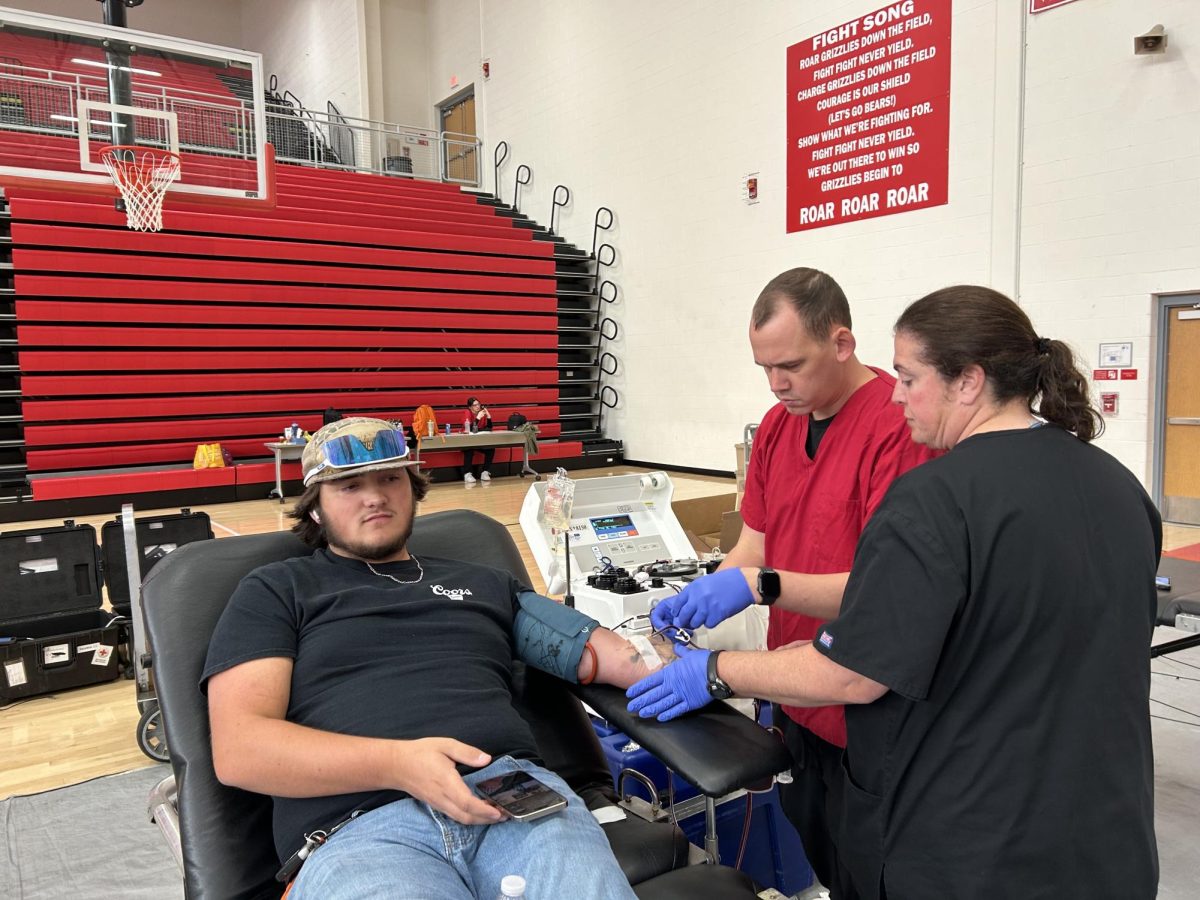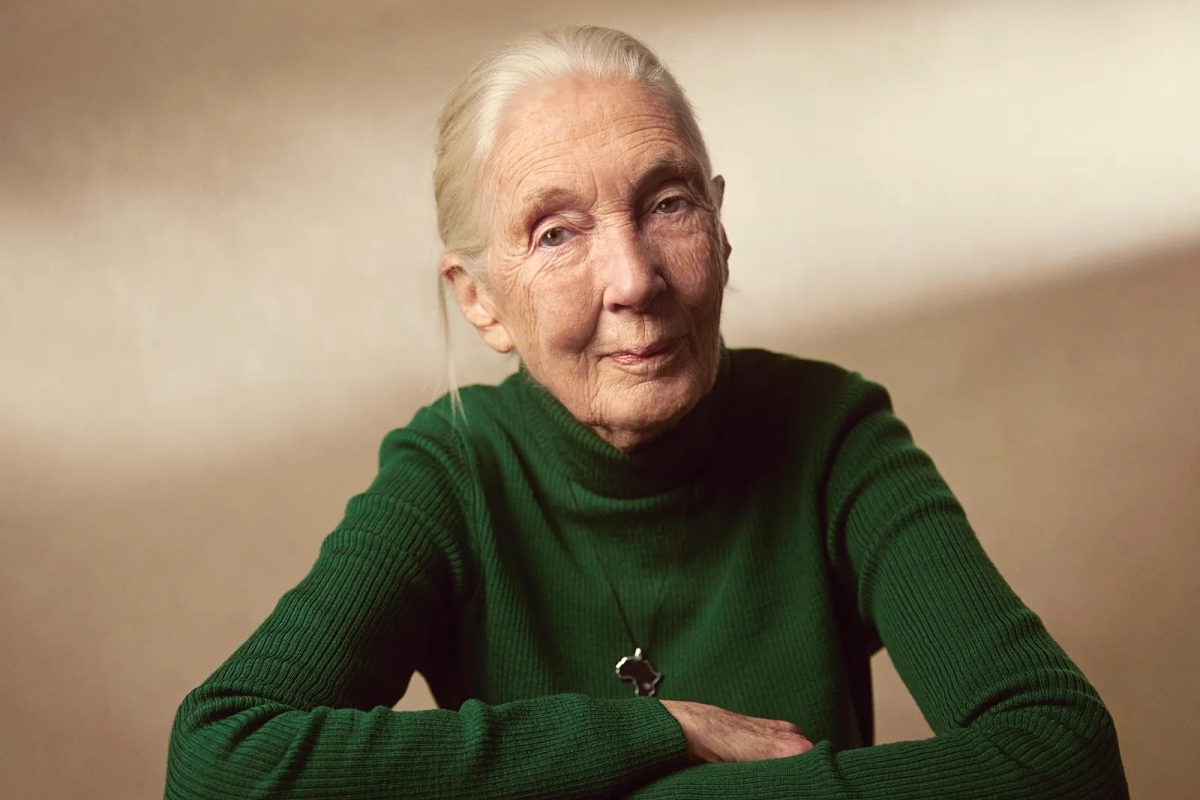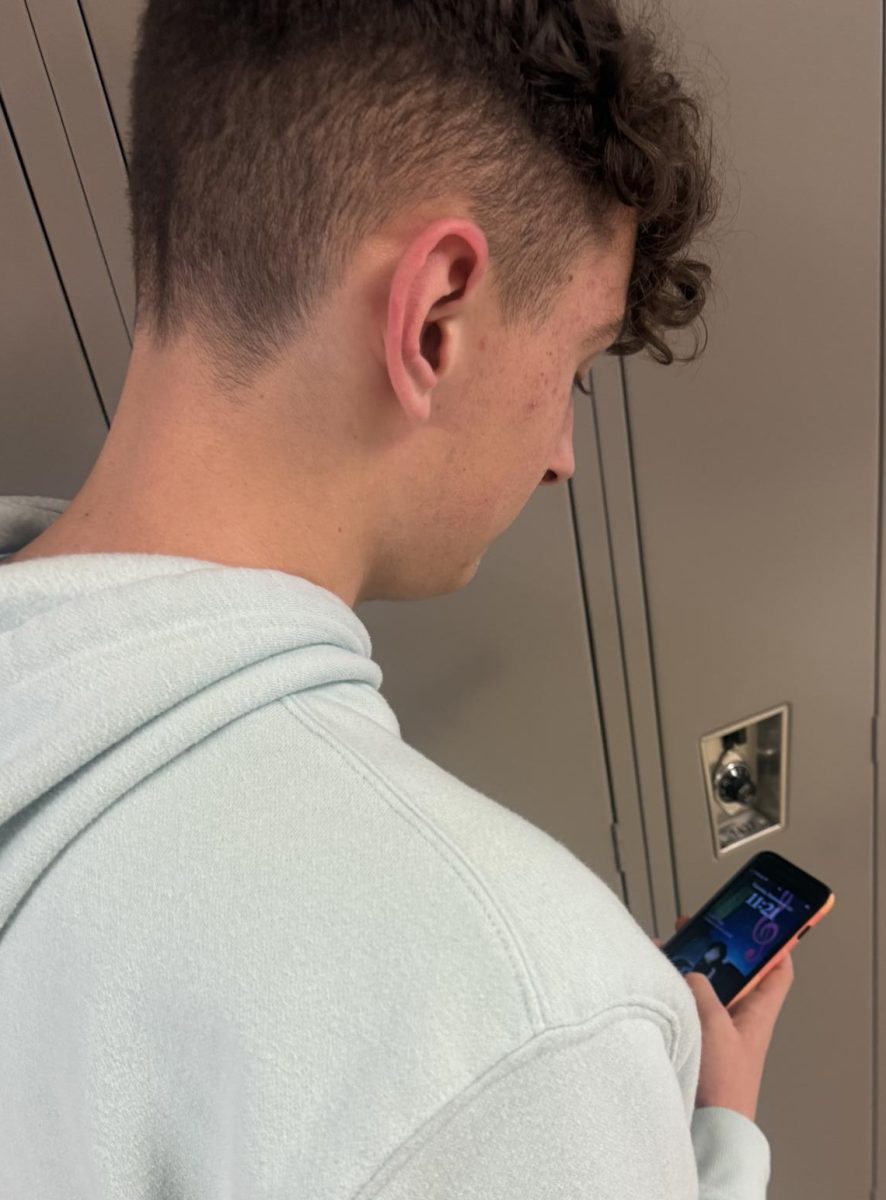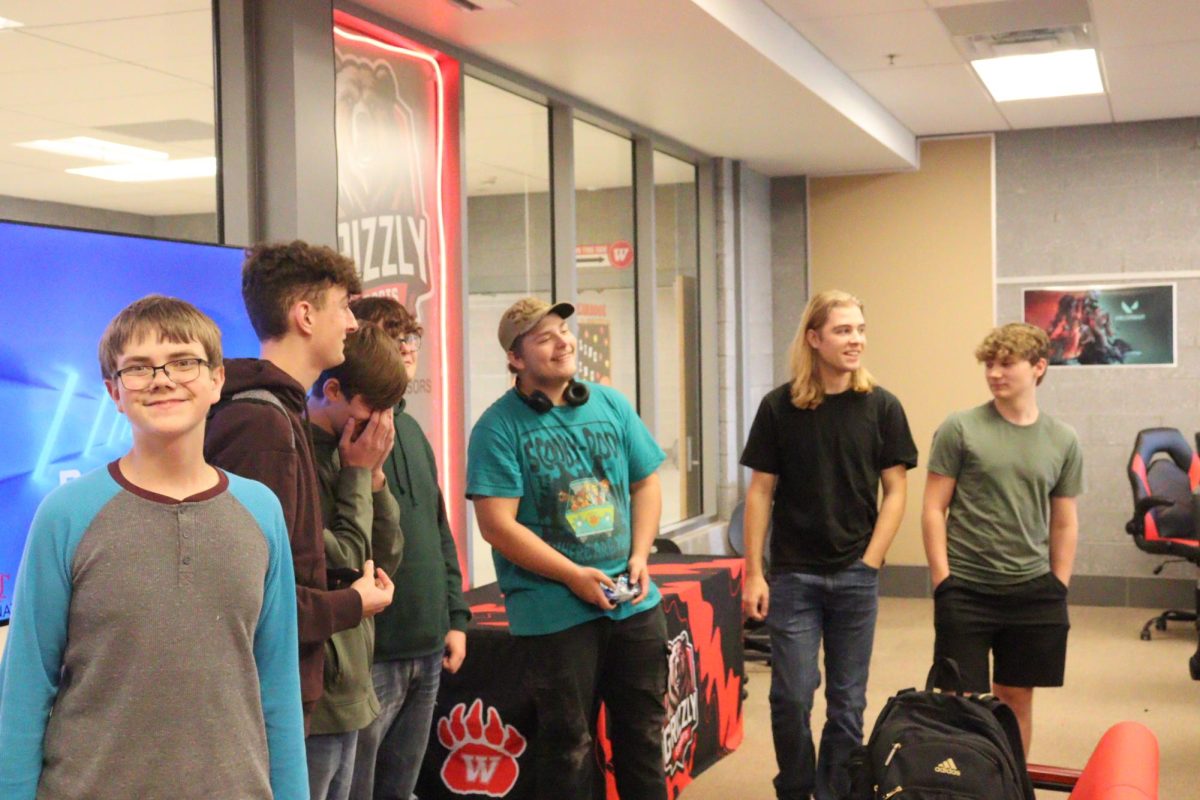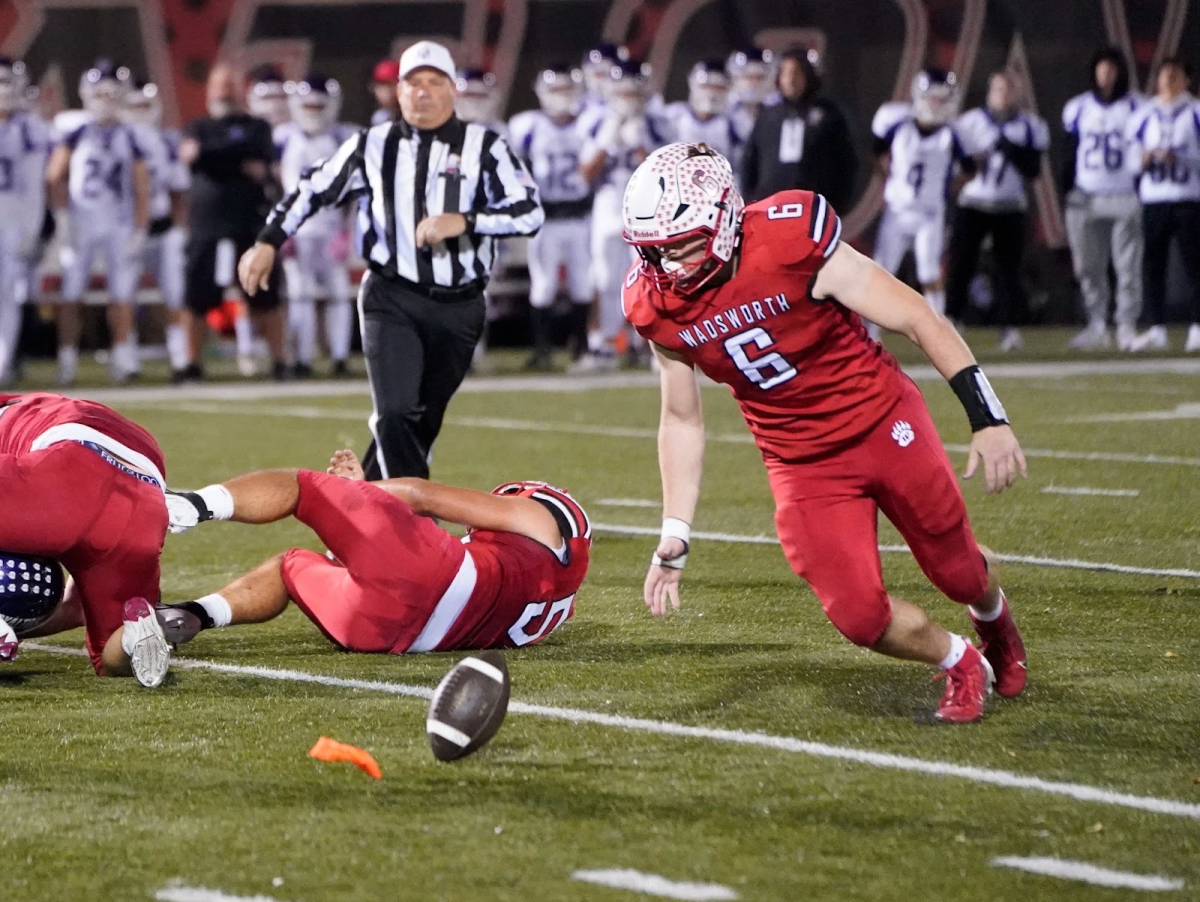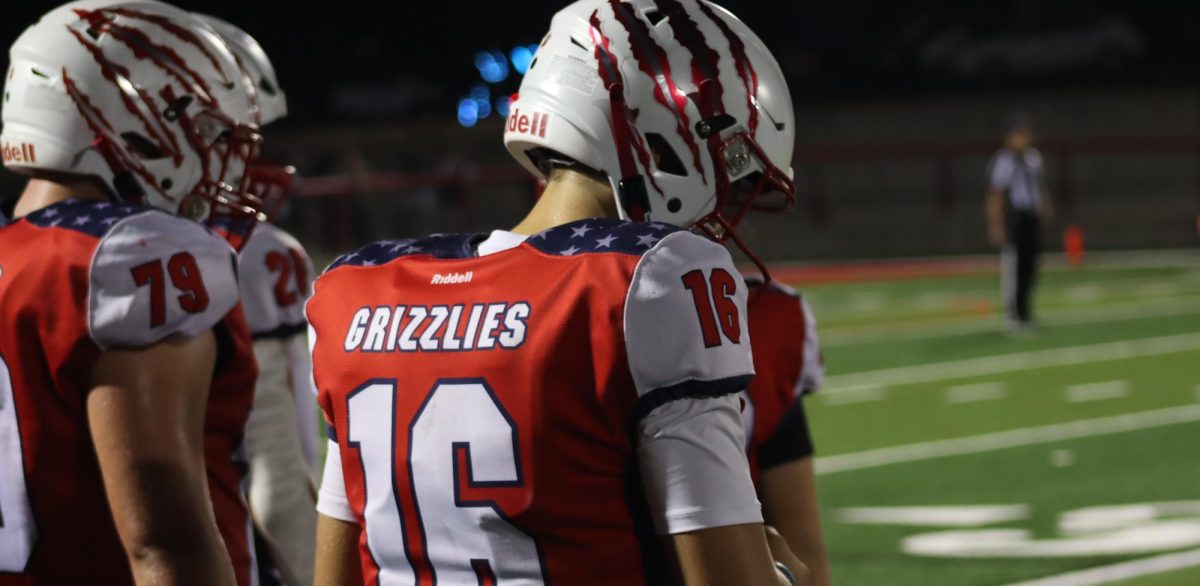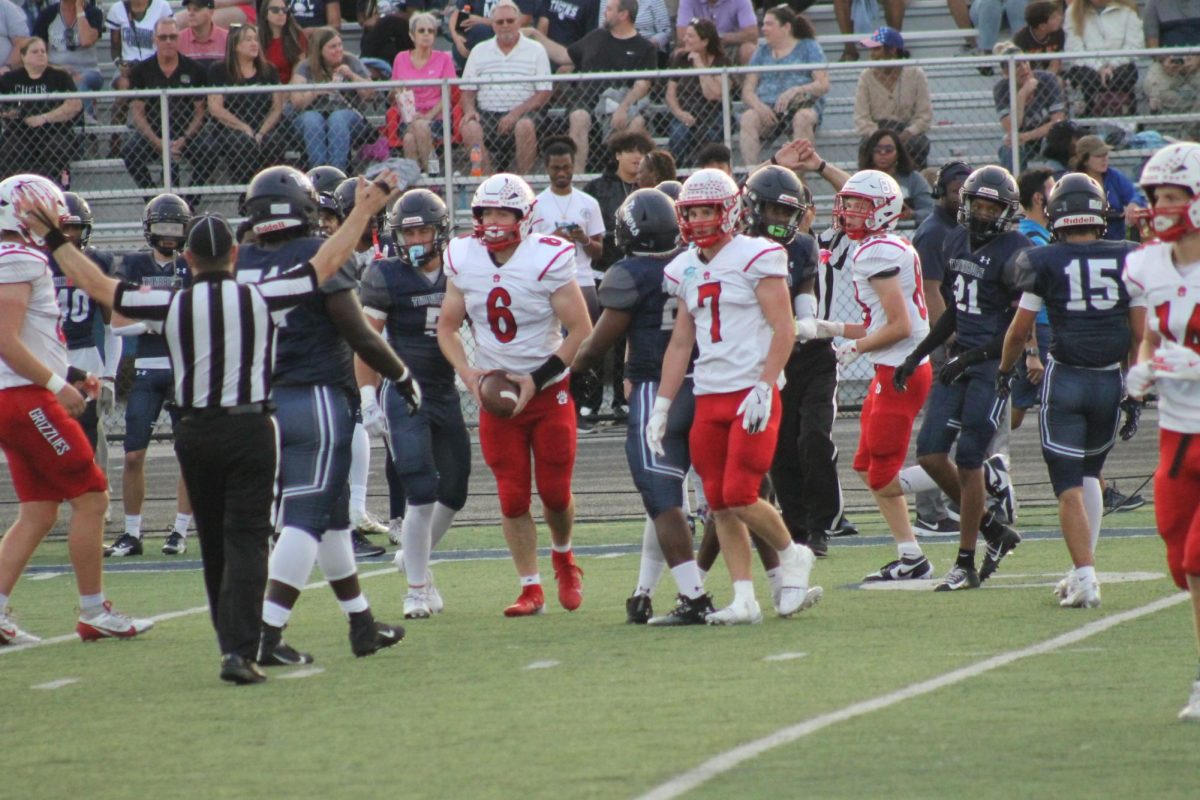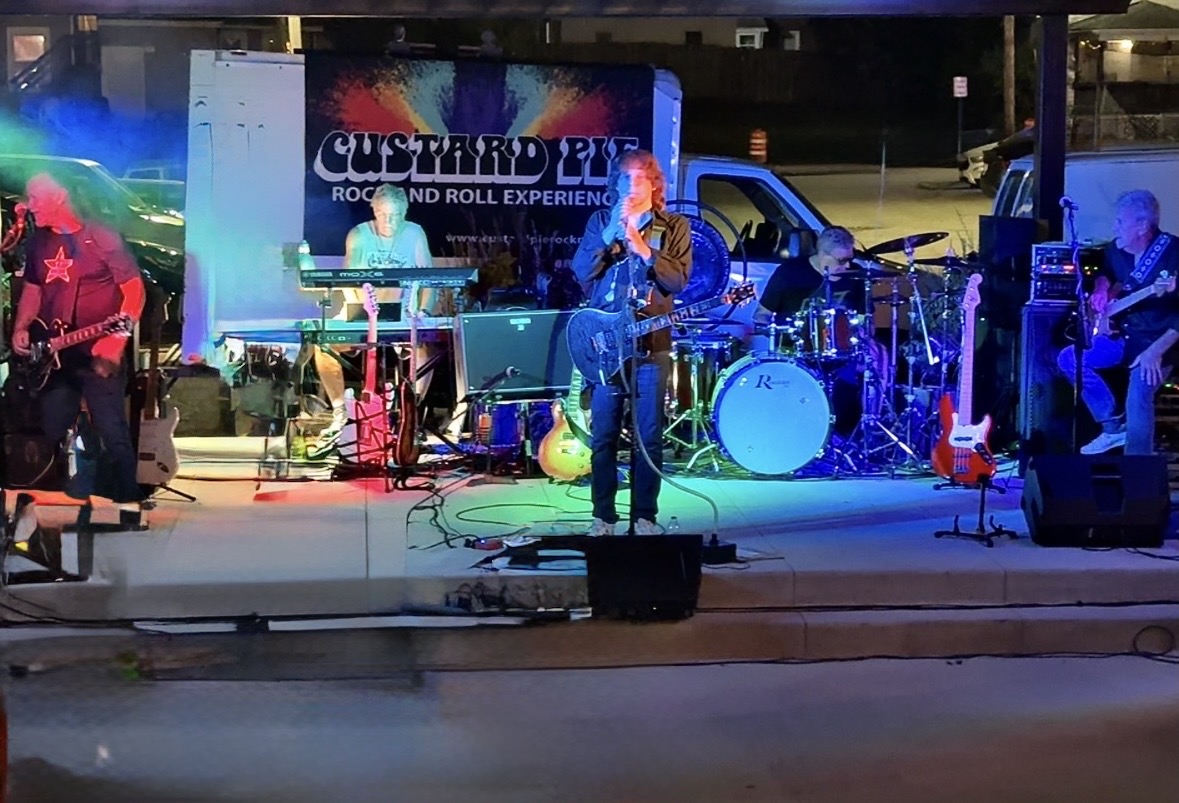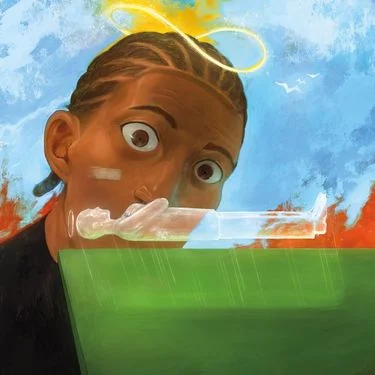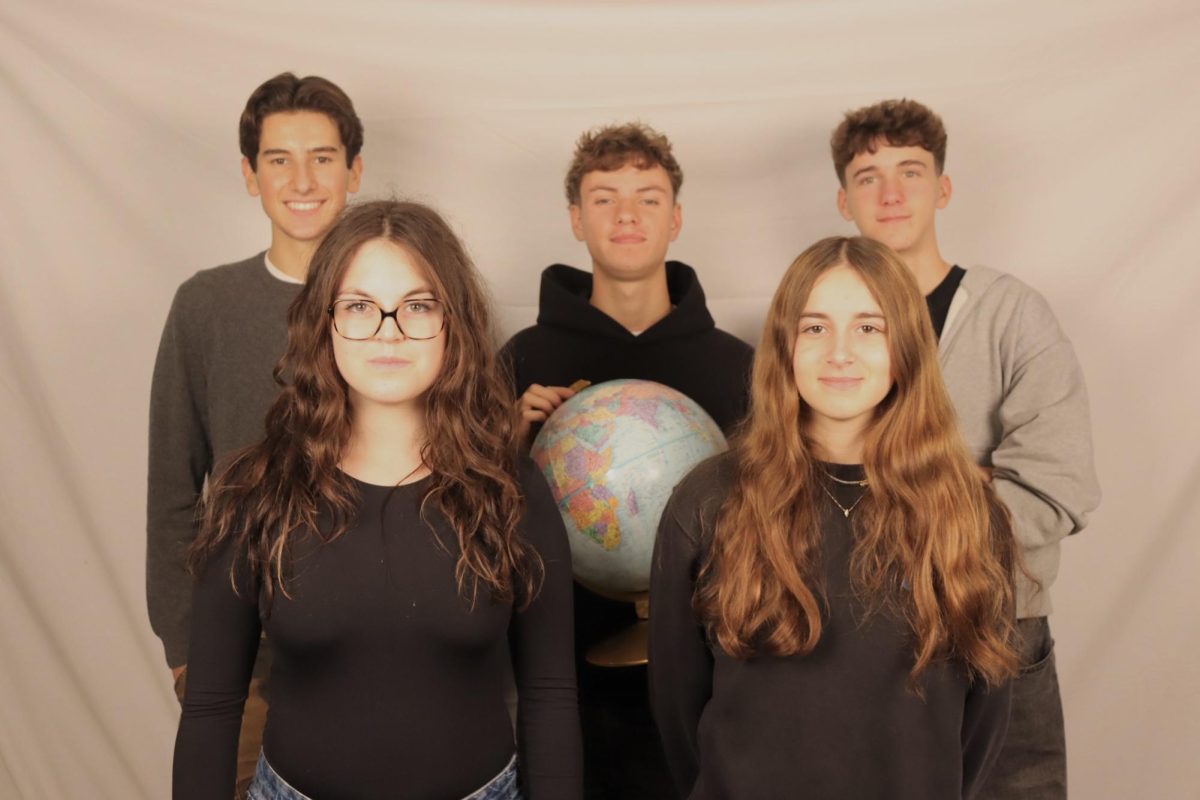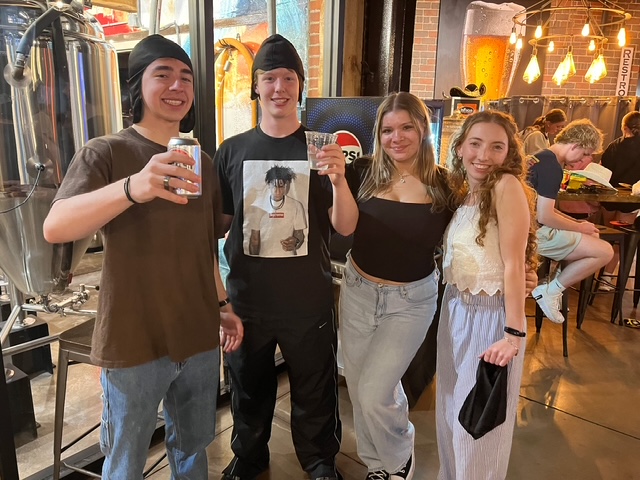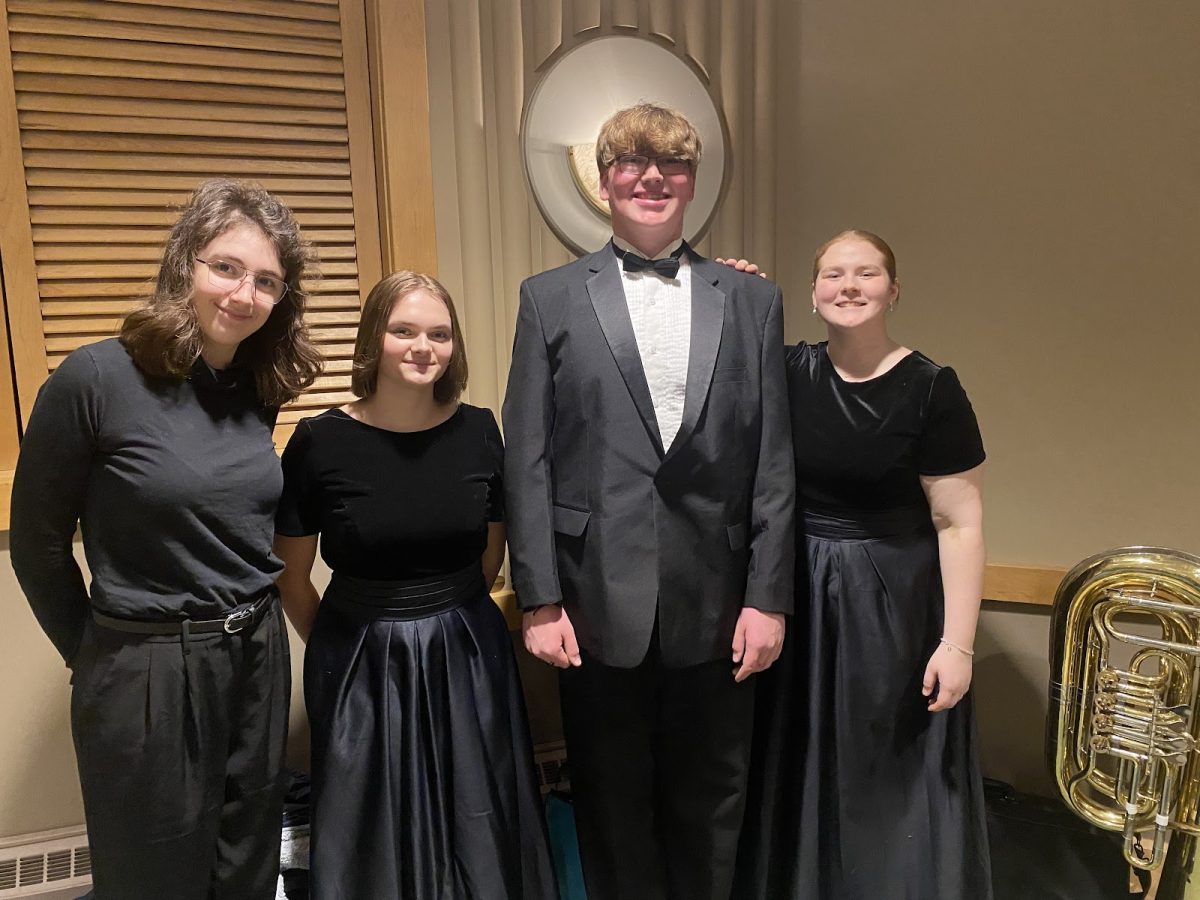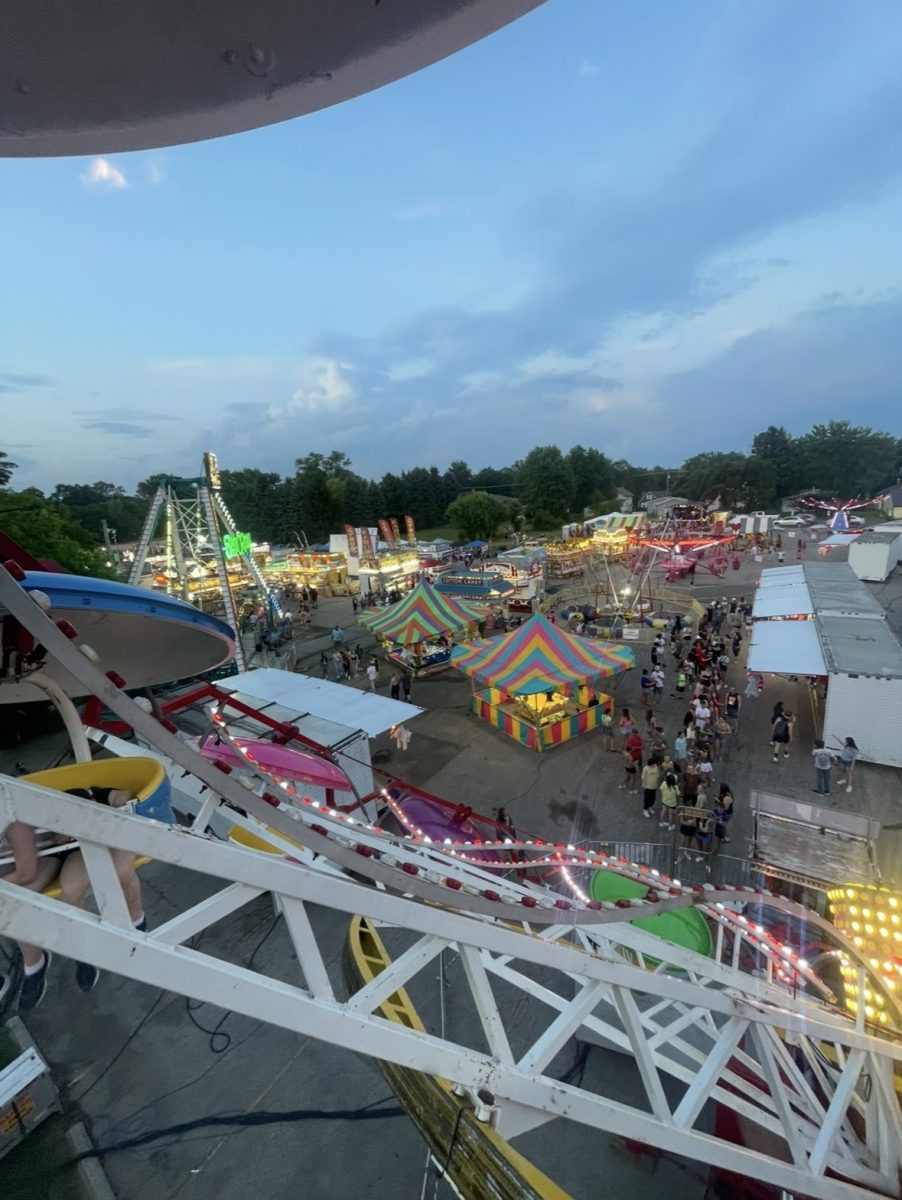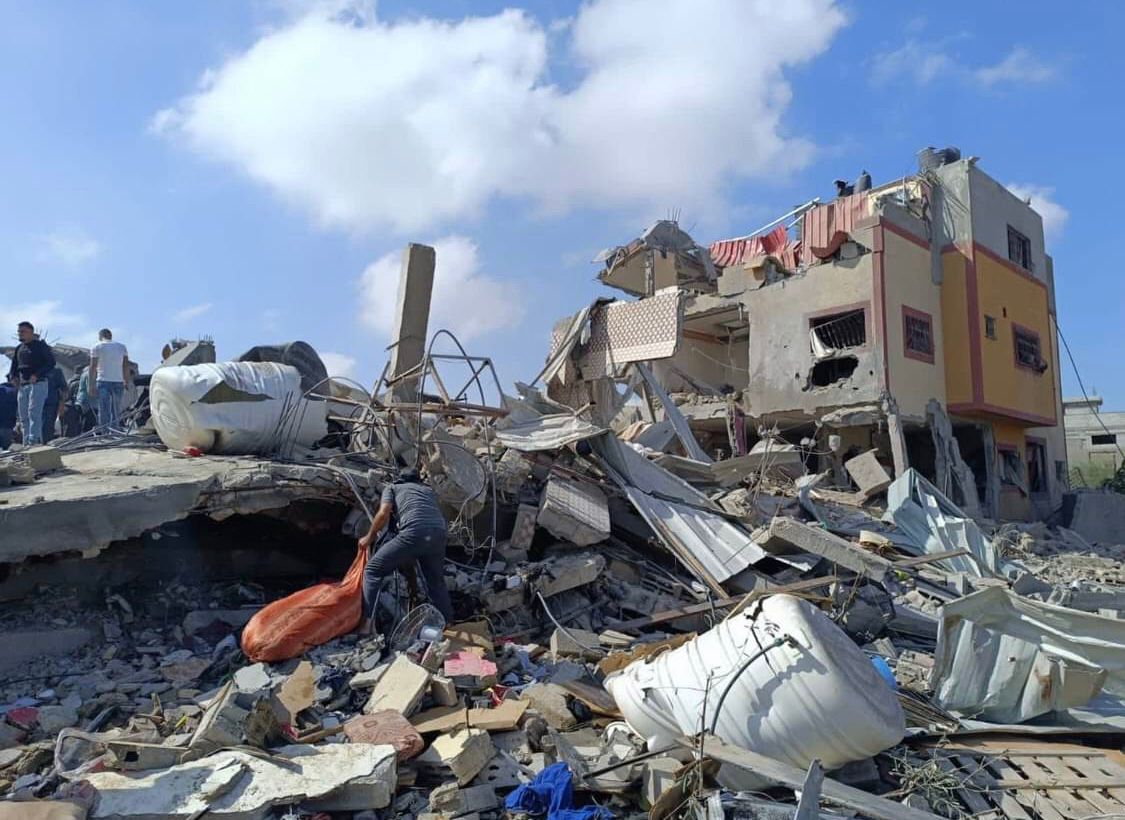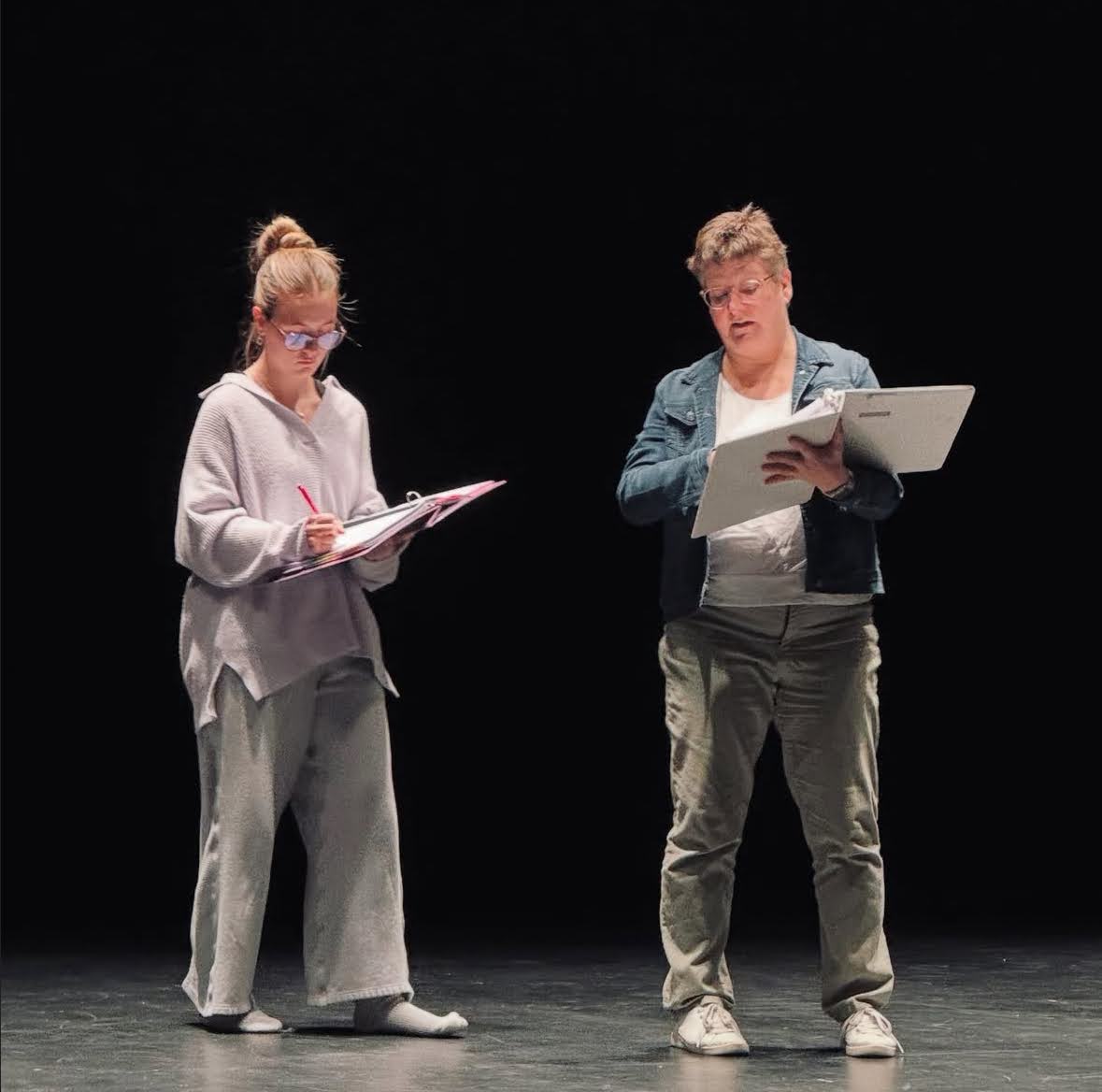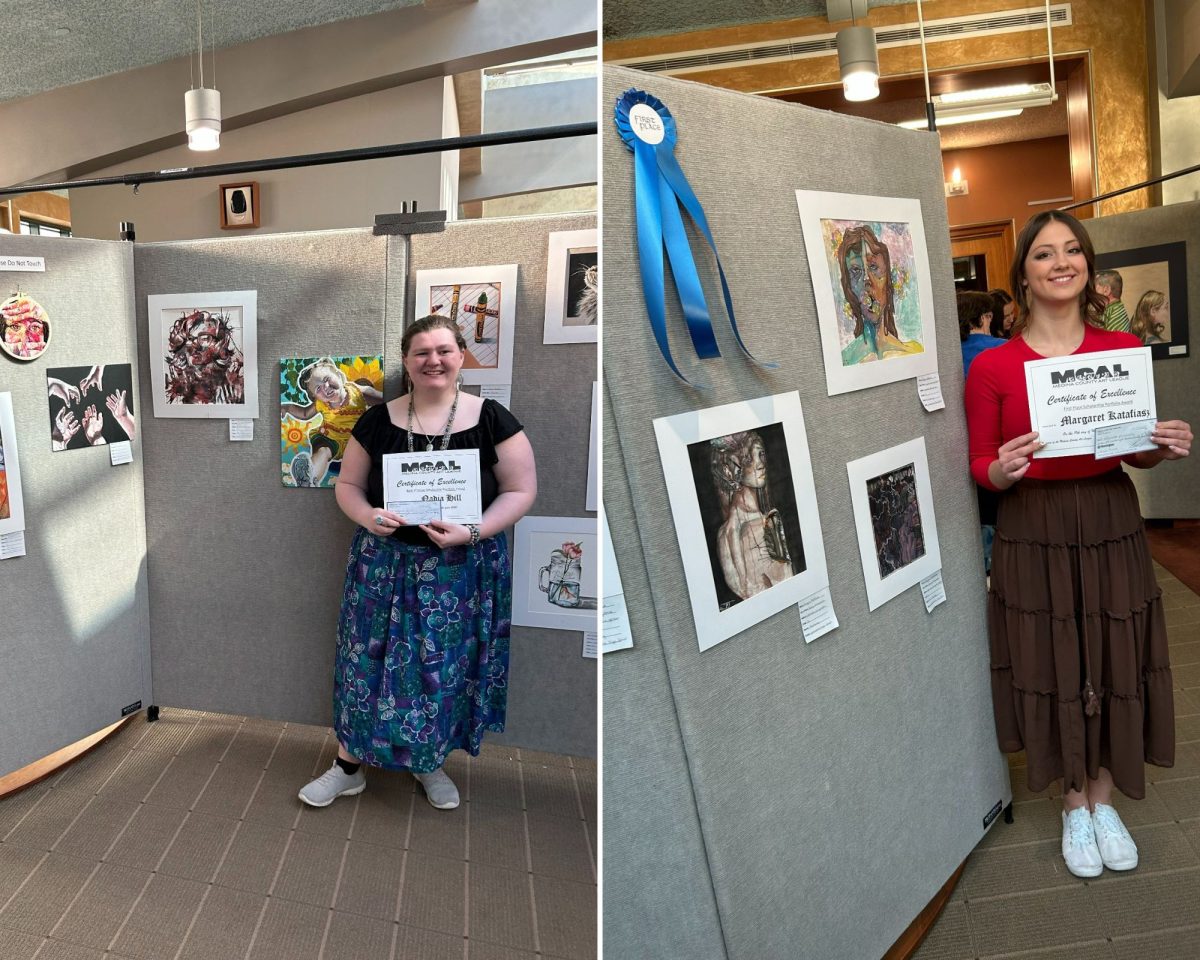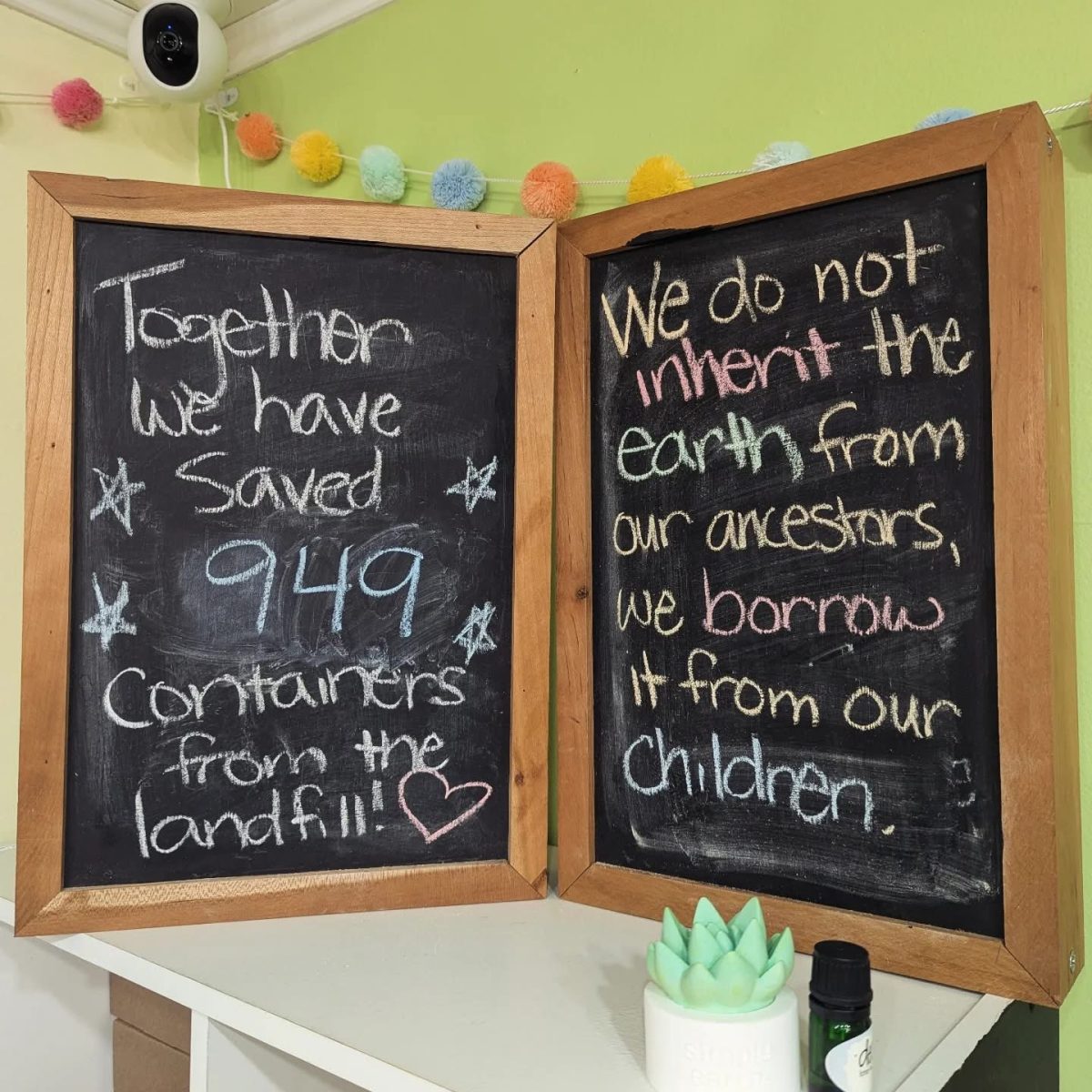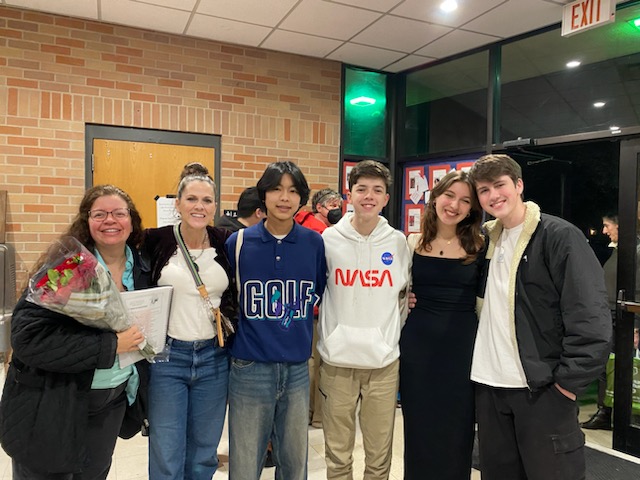Over the past six months, there has been a widespread uproar in the preexisting conflict between the states of Israel and Palestine, ultimately sparking the Israel-Hamas War. The city of Gaza, which is home to hundreds of thousands of Palestinians, has become the epicenter of bombings, starvation, and killings among the general public.
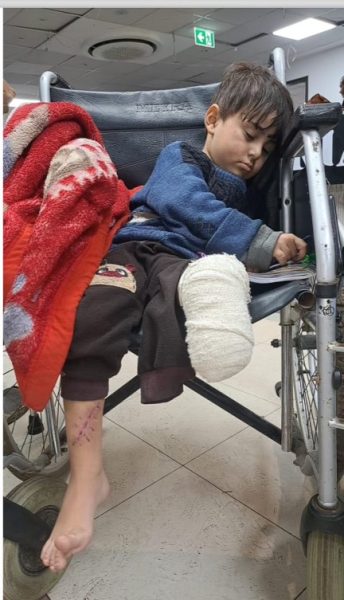
Steve Sosebee, a prominent leader under the nonprofit, nonreligious, and nonpolitical organization Heal Palestine and the founder of the Palestine Children’s Relief Fund has been actively involved in providing humanitarian aid to the Palestinian people since 1988. Beginning as a college student, Sosebee discovered his passion for humanitarian outreach through his membership in a human rights delegation.
“I first went to Gaza in December 1988 as a university student from Kent State on a human rights delegation made up of other student activists from all over the country,” Sosebee said. “I became involved in this issue as a student of international relations at Kent State University, and I very much wanted to understand the root cause of the Middle East conflict.”
Sosebee’s desire to learn more about the conflict between Israel and Palestine was heightened by his overall experience as a student activist. By having a direct perspective of the circumstances that Palestinian people in Gaza experienced, Sosebee felt motivated to continue his work in the region.
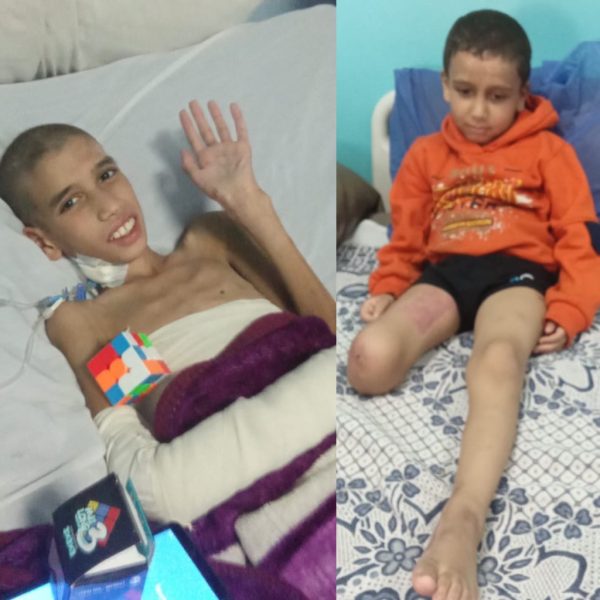
“We had the chance to see firsthand what the lives were like of young people and others in Gaza, who were living under Israeli military occupation,” Sosebee said. “By going there and seeing firsthand stances of life under military occupation, I became very involved in supporting the basic political and national rights of the Palestinian people.”
Although Sosebee has made efforts to aid Palestinians since his time as a college student, this conflict that has gained widespread attention in recent months began far before Sosebee’s initial work as a student activist.
“Conflict in Israel and Palestine began in 1917 when the core colonial ruler of Palestine, the British Empire, issued the Balfour Declaration in which they declared Palestine, which was then 95% Arab, to be the homeland for the Jewish people,” Sosebee said. “The Jewish people for the most part lived outside of Palestine, but the British colonizer was giving the land to another people rather than the indigenous population.”
Due to the decisions of the British Empire to dedicate Palestine as the homeland for Jewish people, conflict began to arise in regards to the violation of the natural rights of indigenous, Arab citizens. This initial conflict, however, became more problematic after the end of World War II.
“In 1948, following the Holocaust in Europe, Jewish refugees came to Palestine and violently created the state of Israel for the Jewish people, displacing nearly 1,000,000 Palestinians into refugee camps in the West Bank, Gaza Strip, Lebanon, Syria, and Jordan,” Sosebee said. “Since then, the Palestinians have been working to obtain their national political rights as refugees and as people with the national identity through a variety of violent and nonviolent means, which have been recognized by the international community as a legitimate form of national liberation and resistance.”
After the displacement of these Palestinians, this conflict continued to gain more traction with time. As a result, other countries began to get involved by allying themselves with Israel.
“The United States and other Western countries have allied themselves with Israel, prevented the establishment of a Palestinian state, and denied the Palestinian peoples’ self-determination, which continues to be the root cause, as the Israeli government has occupied the West Bank and Gaza and denied the millions of Palestinians equal rights by forcing them to live under hostile military rule,” Sosebee said. “Meanwhile, Israel continues to build illegal settlements for their Jewish population on top of land that they confiscate by force, denying the local population any form of equality on their own land.”
All of these issues between Israel and Palestine eventually came to the forefront of news coverage after Hamas, a Palestinian Sunni Islamist militant group, launched an attack on Israel on October 7, 2023. After this invasion took place, many repercussions began to consume civilian life for Palestinians residing in Gaza, as Israel launched a counterattack in response.
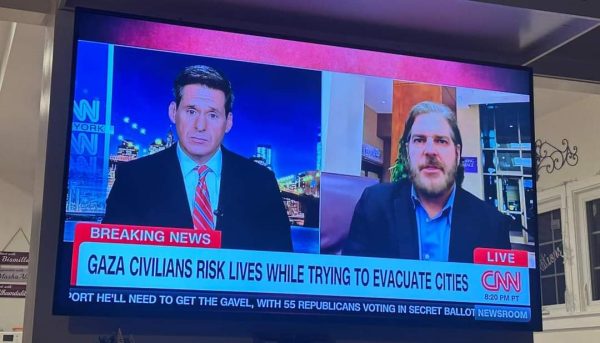
“Since October 7, Gaza has been under an extreme unprecedented military assault by the Israeli Army, Air Force, and Navy that has resulted in over 33,000 people being killed with 70% of them being women and children,” Sosebee said. “The entire economic structure has been destroyed, including all means of economic life. Also, all other basic infrastructure has been destroyed like water, treatment and sewage plants, the education system, and the health system.”
With all of these means of support having been destroyed by the Israeli military, the majority of Palestinians–especially children–have been forced to undergo harsh circumstances, starvation, and death.
“90% of the population live in displaced camps and are dependent on the international community for basics such as food, shelter, medicine, and clothing,” Sosebee said. “There is now a high level of starvation among the population, particularly affecting children. 33% of all children in Gaza under the age of two years old suffer from acute malnutrition, which is a result of the Israeli closure of the borders and the denial of international aid from reaching the starving children. To add to the terrible humanitarian circumstances on the ground, over 13,000 children have been killed, which is one percent of the population, since October 7 [2023] with many, many more who are now permanently disabled, injured, and in need of medical care they cannot get within Gaza due to the collapsed health sector.”
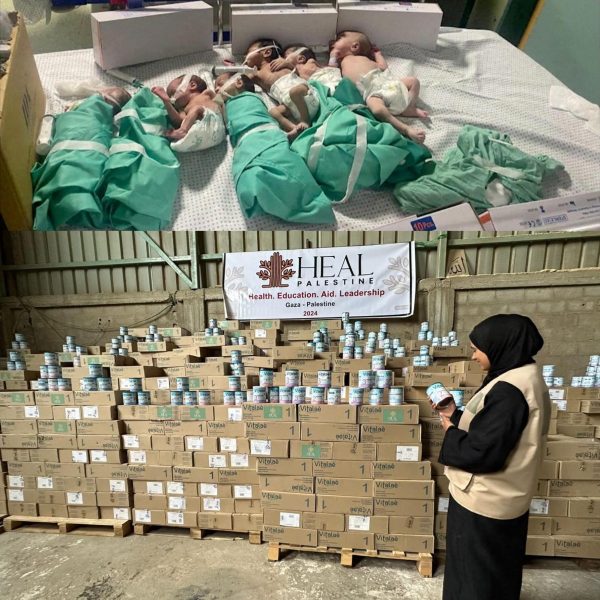
According to Sosebee, these evident repercussions that innocent Palestinian citizens have been forced to face are being unfairly supported by the United States government.
“There is no accountability for the killing of innocent people,” Sosebee said. “It’s important for Americans to know that the killing of these innocent children and women in Gaza has been done with American weapons paid for by American tax dollars and that there are no restrictions on these weapons meaning that, even though the United States knows that the Israeli army is targeting innocent civilians with American weapons paid for by American citizens, they are not restricting the use of the weapons.”
With U.S. support having been heavily centered around aiding Israel’s military, Sosebee encourages Americans to become more aware of the destructive methods that Israel has inherited when using this aid.
“Americans should first educate themselves but also ensure that any aid that we give to any country in the world, like Israel, is being used in an ethical and moral way,” Sosebee said. “For example, if we are providing a country with weapons, those weapons cannot be used to kill women and children. This continues to be done for the past six months resulting in over 1% of all children in Gaza being killed by American weapons. International law should be upheld and enforced, not selected based on who is our allies.”
Beyond the harsh impacts that have consumed the lives of Palestinians, Sosebee has also experienced a heightened sense of difficulty in recent months when working to provide relief for the Gaza area.
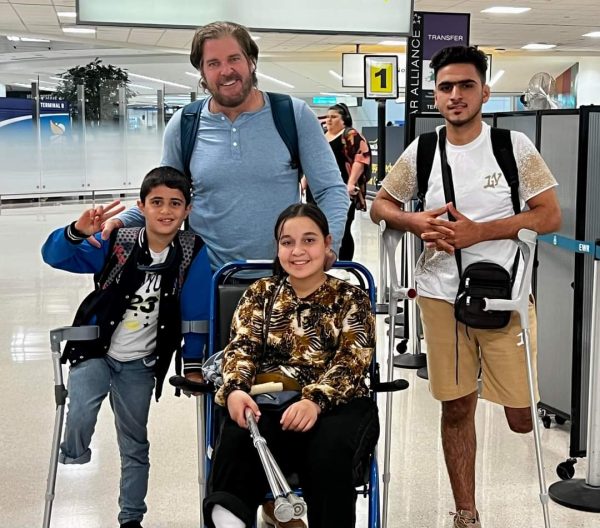
“The conflict since October 7 has made it very difficult for myself and the organization that I run to effectively provide humanitarian aid on the ground in Gaza,” Sosebee said. “As a result, we are not able to provide the same kind of direct support that we previously have been able to do such as building medical services, training doctors, volunteer medical teams, and other forms of humanitarian aid due to the restrictions that have been imposed by the Israeli Army and the destruction of the health sector in Gaza.”
Due to the hindrance of different aspects of Sosebee’s organization, Palestinians are left without the helpful services they received prior to October 7, which only furthers the adverse effects that they continue to experience. Beyond the hardships imposed upon Sosebee’s organization, he feels that the media does not fairly portray the reality of the lives of those living in Palestine.
“I do not feel that the media is being accurate or balanced on this issue and has ever been,” Sosebee said. “For example, children are now starving to death in Gaza, and the media is not portraying that. We’re in a world today where this is a man-made starvation. Children are being denied food while food is available in the form of international aid with trucks, waiting only miles away to feed them.”
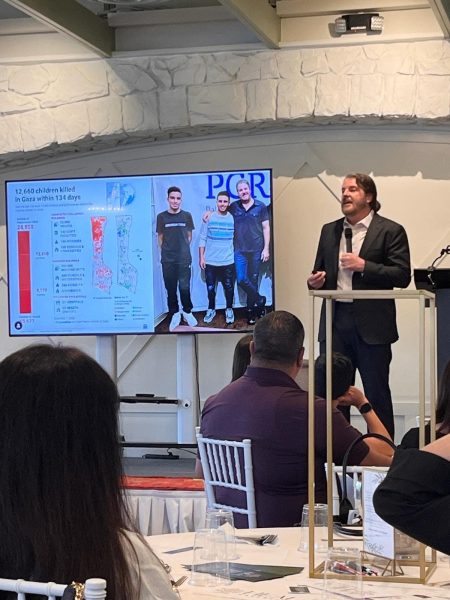
In response to this problem surrounding child starvation, Sosebee continues to emphasize how the media fails to represent how these acts are supported by the United States government.
“The Israeli government, supported by the American government, is denying food for children, or [they are] dying from starvation,” Sosebee said. “Does the media show that or portray that fairly? The answer is no. Do most Americans know that their support is resulting in the death of innocent women and children? The answer is no. Do most Americans know that the Palestinians are only asking for equal rights and freedom on their own land just like what anyone else would want? The answer is no. I do not think the media is fair or balanced.”
With these widespread misconceptions that Sosebee feels have only been further encouraged by the media, any step towards solvency continues to move backward. In order to successfully resolve the conflict between Israel and Palestine, Sosebee believes the United States government will have to take a less polarized approach.
“I do hope and pray that the conflict will be resolved, so no more innocent people on any side have to suffer or be harmed,” Sosebee said. “For that to happen, the American government would have to take a balanced approach and enforce international law, as well as the basic political standards in which all people are equal and have equal rights.”
Beyond this, Sosebee explains how the United States will have to recognize Palestine’s naturally given rights.
“[Palestine] should not be denied the right of self-determination,” Sosebee said. “In Palestine, the population of Arabs, both Christian and Muslim, are denied equal rights on their own land and have been for generations. Until that issue is resolved and enforced by the American government, which gives Israel over $4 billion a year and our tax money, that conflict will continue.”
Given the current status of Palestine and its citizens in Gaza, there are numerous actions that people can take to create a difference within this conflict. To learn more, visit Sosebee’s organization: http://www.healpalestine.org/

